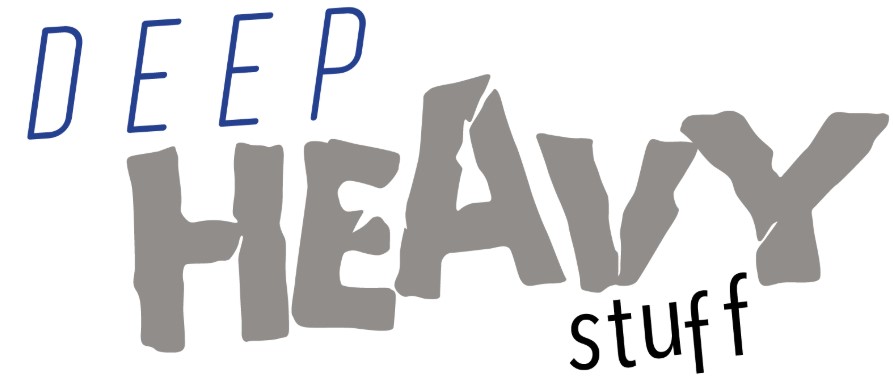The plague of our age has resulted in us being fearful and isolated. These feelings are like those held captive, a form of torture. The captors, or those in power, take advantage of these feelings to manipulate and indoctrinate the prisoners.
And the people in power, including leaders of whatever movements
are screaming at us at the moment, have used this year to divide us. To divide
us by politics, to divide us by race, to divide us by philosophies, to divide
us by religion. Even to divide us by whether we wear face coverings in public.
To divide us any way they can.
The power brokers do this to acquire more power. If I can
manipulate you, then I have control over you. I can make you speak and act just
like a ventriloquist dummy. They have done this to me. They have done this to
you. Because of the plague, they have been able to do this to all. If you are
part of the culture, you have been exposed to it.
The result, is everyone is upset at everyone about
everything. Everyone screaming at everyone. Until we are engulfed in a cesspool
of hate. The vitriol generated this year is an abomination. It is a pox upon
our souls.
Now, it is culturally acceptable to hate each other. People
get praised for their hateful statements. Yes, hating is good if it’s for the
right reason. “And my reasons are always just, and pure, and moral - just as I
am. “And anyway, they started it.” But every derisive statement we make. Every
snarky comment. Every proud post. Every nasty tweet - just generates more hate.
The deadliest force this year is not the transmission of a
virus, from which most recover, but the spread of hate from one to another,
from which we may never recover. There is a vaccine for the virus, and it will eventually
cease. The hate? It will rage on. What we need, in the words of Bob Dylan, is a
shot of love.
The virus separated us from our fellow humans, and then our gods and captors divided us. Socially-distanced, we are now staying six-feet away. But relationally-distanced, we are six-hundred miles apart.
And into this sewer of hate, during the fury of the $h!t
storms, enters Christmas. You may believe the holiday is ruined this year, but
I believe that Christmas exists for a reason, but maybe not the reason you think.
I believe that Christmas reminds us every year, how we should live. How we
should live and interact with humankind. This message is not just for the faithful
but for every person, everywhere. You don’t have to believe the story to believe
in the concept. And I am certain the concept is to love our brothers and
sisters – not to hate them.
The Christmas message is simple. When we complicate it in
any way, we dilute its power. Christmas can be explicated in just one word, “Emmanuel”
– which is unfolded in our language as “God is with us”. If God is with us, with
us all, then the further we move from each other because of divisions, the
further we all move away from God. So you see, the power kings aren’t just separating
us from each other; they are separating us from God. We are being fed a steady
diet of poison and it is killing us.
What would happen today if God was literally with us –
again. Would we receive the gentle rebuke? Or would the voting machines get
overthrown? Would the news stations crumble? Would the protest signs be thrown
in the fire?
Christmas has arrived at the perfect time this year. If ever
we needed God to be with us, it is right now. We need to stop the hate. We need
to stop the hate. We need to stop the hate. O come all ye faithful, and you who
are not faithful at all, and put a stop to this. Please stop this now.
The uniting message of Christmas is if God is with us and
we are with God, then we are with each other. It doesn’t get any simpler or
more direct than that. It is time to put away all the garbage you have
collected this year. It is time to wash off the filth and mud from the derisive
arguments. It’s time, it’s Christmastime, and it’s time to come together. It’s
time to extend those tidings of comfort and joy to your friends and your
enemies. And for that, we can truly rejoice.







